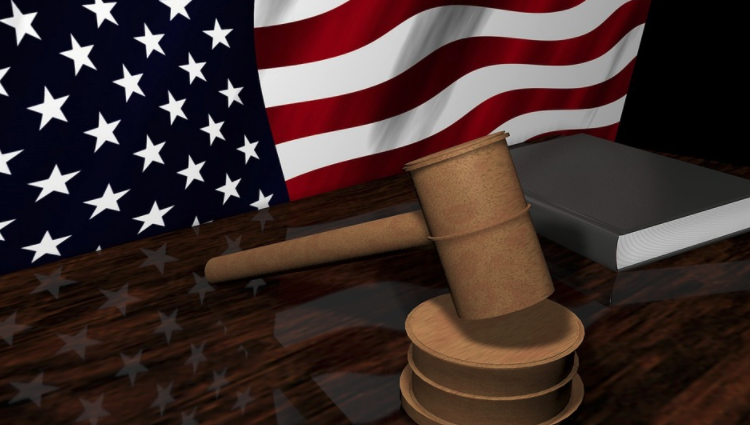What Austrian Economists Can Learn From Roger Scruton
There can be no freedom absent some authority. Conservatives and libertarians alike may locate that authority in mediating institutions of modest size, recognizing the importance of consent and localism, family and place, to good government. Sir Roger Scruton’s example shows that certain conservative cultural conditions enable market-based economies to flourish. The room is alive with [...]





